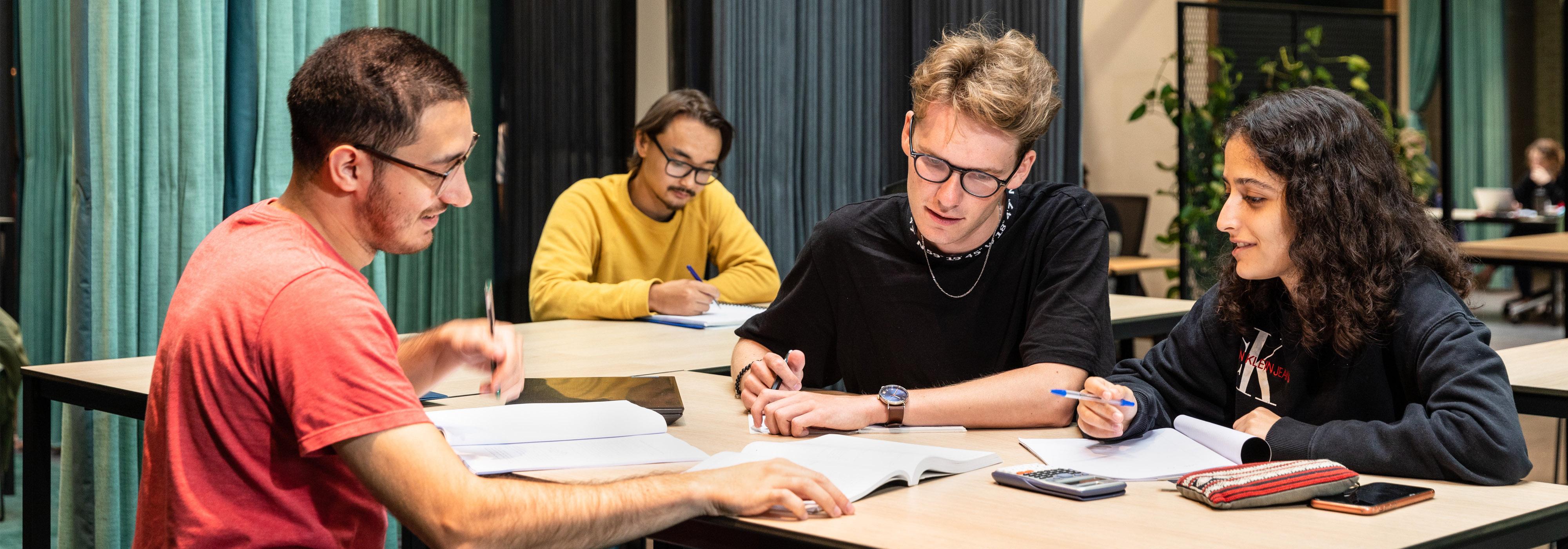PhD
As a PhD candidate at Maastricht University, you will spend most of your time conducting research and writing your dissertation. However, you may also take relevant courses or even teach classes yourself. There are many possibilities!
Three ways to obtain a PhD
Apply for a paid PhD position
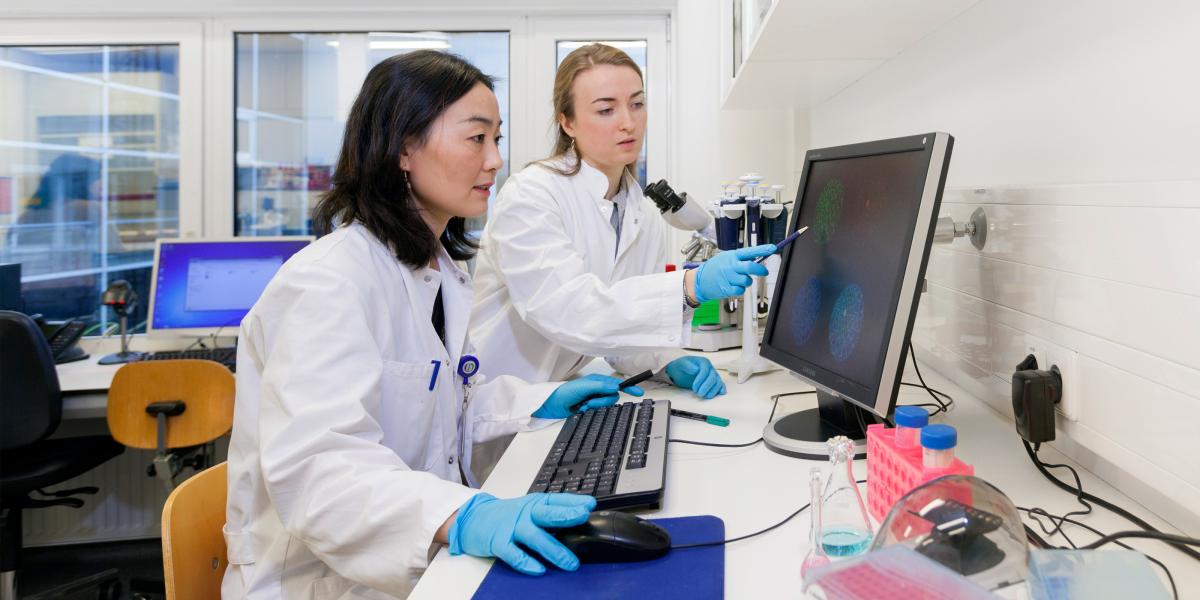
Enrol in a PhD training programme
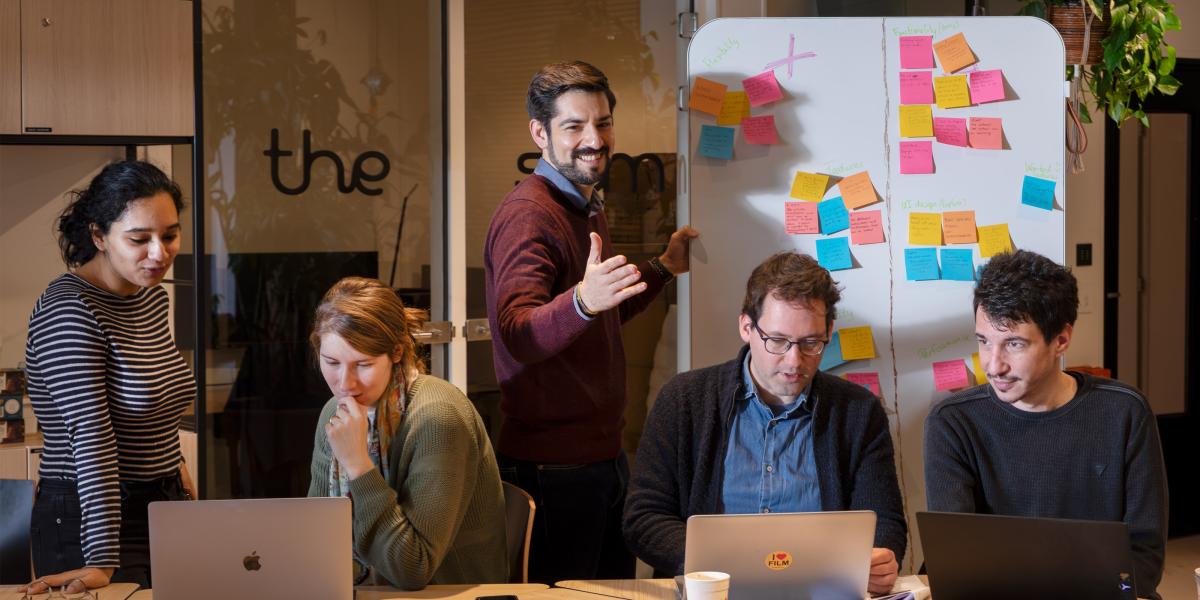
Obtain external funding and pitch your idea
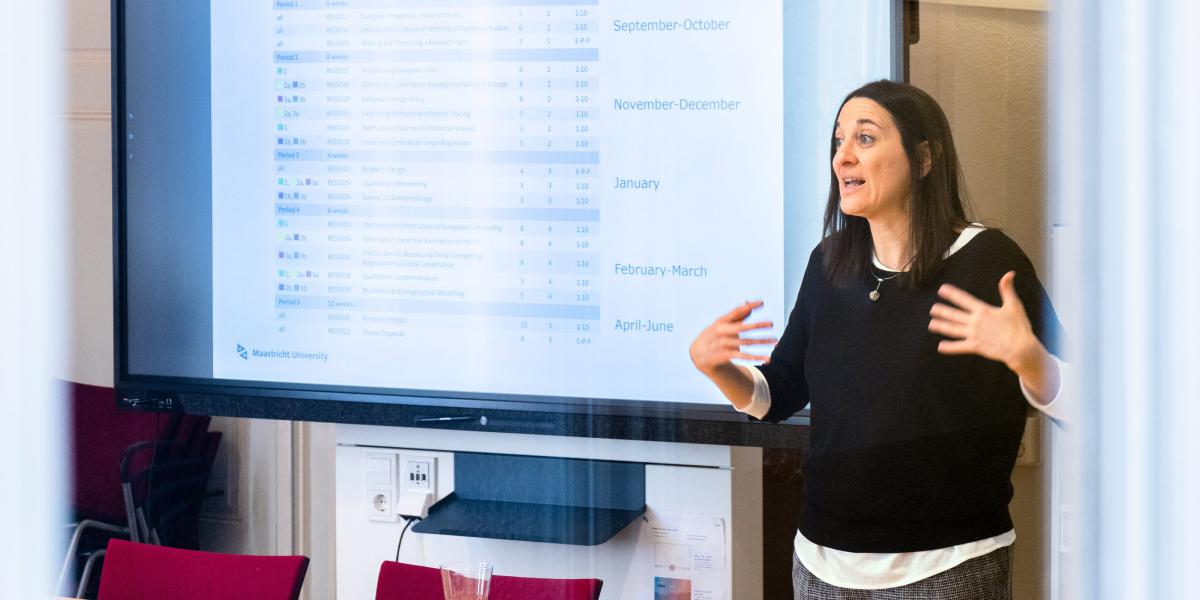
PhD Office
Whether you are at the beginning of your PhD journey or approaching the end, the PhD Office serves as your main point of contact. We maintain a comprehensive record of all your documentation and are ready to assist with any organisational questions throughout your academic career.
Click here for more information about the PhD Office.
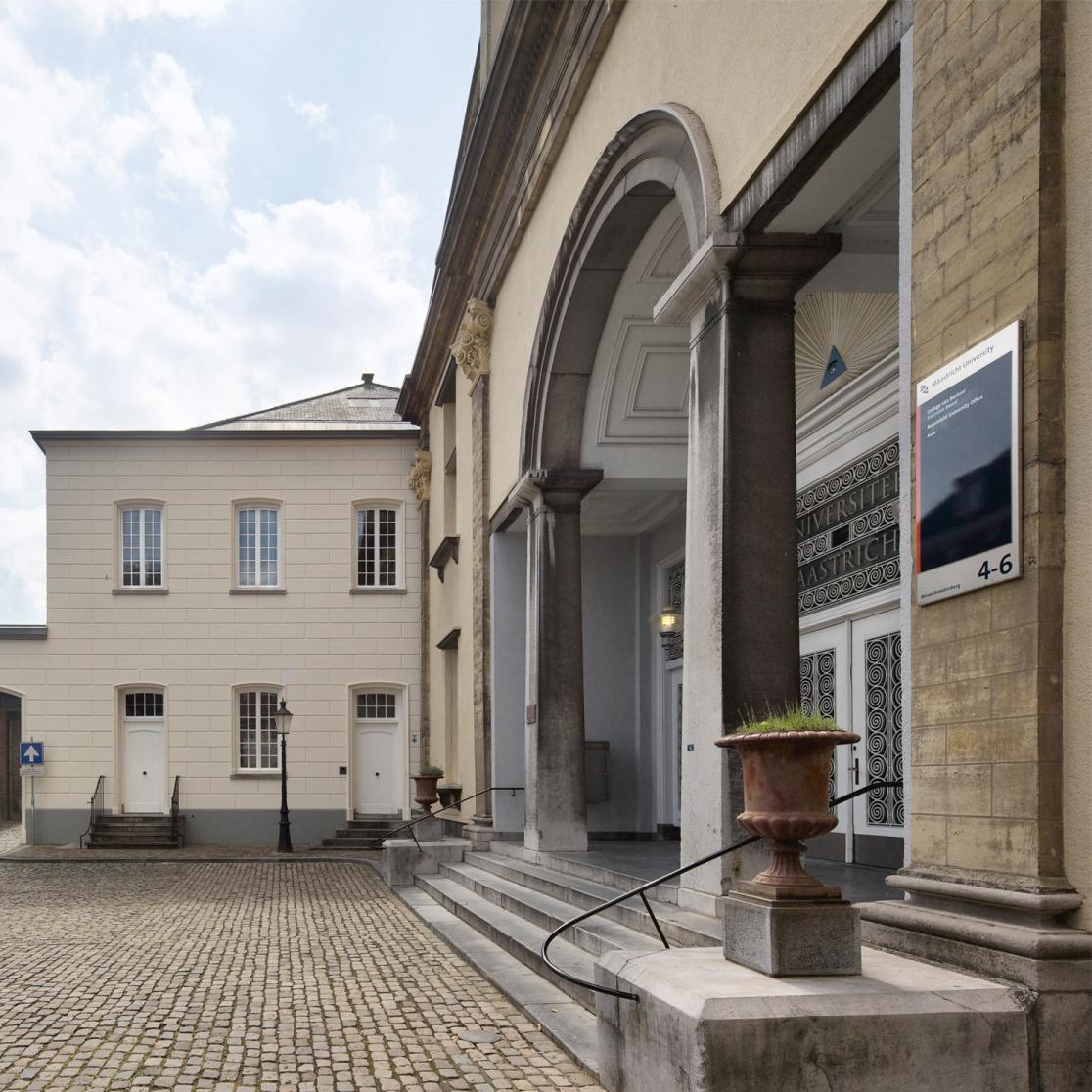
Support for PhD candidates
At Maastricht University, PhD candidates are respected as full members of our research community. You will receive all the support you need for your research as well as for building your life in Maastricht.
Click here for an overview of all our educational opportunities and services.

